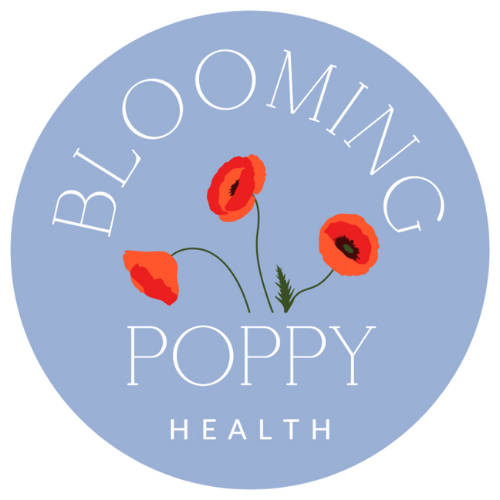The Beauty in our Differences + what Self-care really means
I saw a quote that went something like this: “if only we saw souls instead of bodies, how very different our lives would be.” And although this sounds beautiful in theory, my initial thought was no, we are meant to have bodies. We are meant to see each other in a body. We are meant to all look different than each other. There is a wide range of beauty in the human body. And that is okay. We all have beauty and ugliness. The idea isn’t to take away our differences so that we are all the same so that we can be socially accepted by every single other person. We are not meant to be liked by everyone. We are not meant to be seen as beautiful by everyone. Even the most beautiful person on the planet has people who don’t see their beauty. And that is okay. It’s actually more than okay—it is actually beautiful that we all get to have some strangeness and weirdness about the way we look, because there will be someone out there that will see it and think, wow what a masterpiece.
I see a lot of flaws in the body positivity movement. I don’t think it was started from a pure place, but rather one of consumerism. And this doesn’t mean there isn’t some truth in it—because if there wasn’t , it wouldn't be good marketing. And it doesn’t mean there isn’t some good coming out of it (I love that models are not only one size and perfectly airbrushed). But I think the movement actually disconnects us from our bodies. It makes us not think twice before we eat processed junk food (which is sold as self-love but actually is a form of self-harm). It makes us stop eating healthy foods and exercising our bodies. Movement is essential to our health. It makes us instead buy so many things we don’t need to support the “cause,” and try to fix ourselves so that the world can see how confident we are now. It makes us post selfies saying we love ourselves just the way we are, without taking the time to heal ourselves emotionally from the harm that diet culture had on us growing up. It covers up the fact that we don’t actually like our bodies at any size. It covers up the fact that we still restrict our calories and get triggered by beautiful people on social media. It doesn’t get to the root of the issue: we were never taught how to simply take care of our bodies with the utmost kindness and grace. We take care of our bodies by only eating real food, and by exercising in a way that feels both good and a bit challenging. It means saying no to diet trends and “food products,” even if they’re labeled as “healthy.” It means looking in the mirror and noticing how you look, maybe your nose is crooked and you kinda like the gap between your teeth. Or your thighs jiggle and you decide you want to do some leg exercises to make them stronger so you have a little extra inertia when you run. It’s okay to have self-criticism, just as long as it doesn’t run off into self-hate. Self-criticism can be used as a means to always wants to grow and change. Self-hate is criticizing and hating something you can’t change without surgery or force. All change should be done with grace and kindness.
Overall, we need less focus on ourselves and our bodies. We need to take a step back from self-obsession. And I am saying this from a non-judgmental place, because I’m talking to myself too. If you are simply taking care of your body by eating well, moving your body, and spending time in the sun and outside, then you’ve mastered self-care. That’s really all you need. Anything past that slowly creeps into the category of self-obsession. Even most people that hate their bodies, don’t actually hate their bodies—they’re obsessed with their bodies, which is not balance. Being in perfect love (if this even exists) with your body is also not in balance. So, why are we striving for this? Instead of swinging to the opposite sides of the pendulum, our goal should be to settle somewhere in the middle ground—respecting and taking care of our bodies because they make a nice home for our minds and souls. Not forgotten, but not the center of our world.

